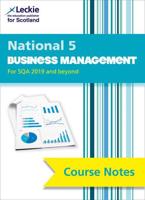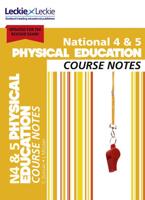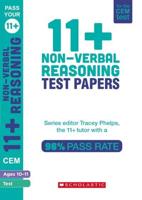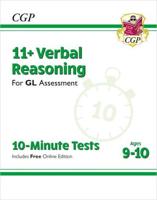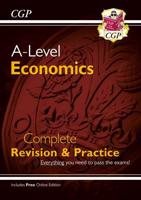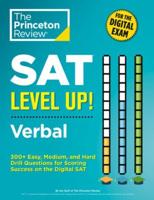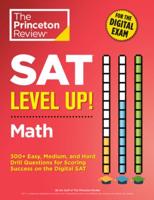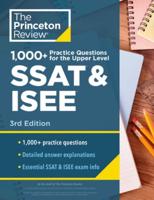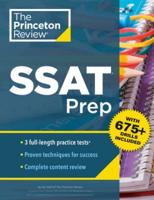Publisher's Synopsis
Contents of this book have been updated in Sept 2020. In the practical real world a CPP may be a security manager, an external consultant, or a law enforcement agent. For purpose of the exam, however, you want to position yourself as a hired consultant - one who acts as an advisor to the company management. The company is your client, and you are helping it out. You advise, you guide, and you recommend. You need to understand your client. If your client is absolutely new to security, full scale interviews and statistical analysis on crimes may be necessary. However, if your client has a working security mechanism in place, then you should conduct assessment basing primarily on inputs from management. In other words, management determines the depth and scope of the security project. Management makes the decisions. You suggest ways to improve, then carry out the decisions made by management. You don't normally make decisions for your client. It is safe to say that you assume the role of project manager for your client's security project. The security project would start by discussing the scope of work with your client. The most important meeting between you and the client would be the initial goal setting and policy review meeting. Senior management is going to get involved, and you are going to act as the facilitator. From this meeting you become aware of the level of risk your client is willing to assume and accept. Your work would then start from there. When working on a project it is important to understand the background and operation of the client. You also want to know what you are up against. Protection against vandalism is totally different from protection against terrorist attack. A CPP is more on the planning and management side of security. A security guard professional, on the other hand, is to provide client with professional protective services. It is believed that the CPP certification is more general in nature, while the PSP certification is way more specific and in-depth in physical security.We create these self-practice test questions referencing the concepts and principles currently valid in the exam. Each question comes with an answer and a short explanation which aids you in seeking further study information. For purpose of exam readiness drilling, this product includes questions that have varying numbers of choices. Some have 2 while some have 5 or 6. We want to make sure these questions are tough enough to really test your readiness and draw your focus to the weak areas. Think of these as challenges presented to you so to assess your comprehension of the subject matters. The goal is to reinforce learning, to validate successful transference of knowledge and to identify areas of weakness that require remediation. The questions are NOT designed to "simulate" actual exam questions. "realistic" or actual questions that are for cheating purpose are not available in any of our products.

